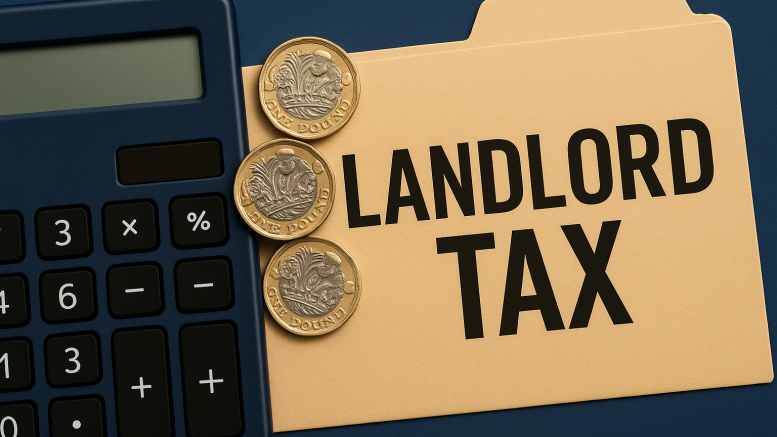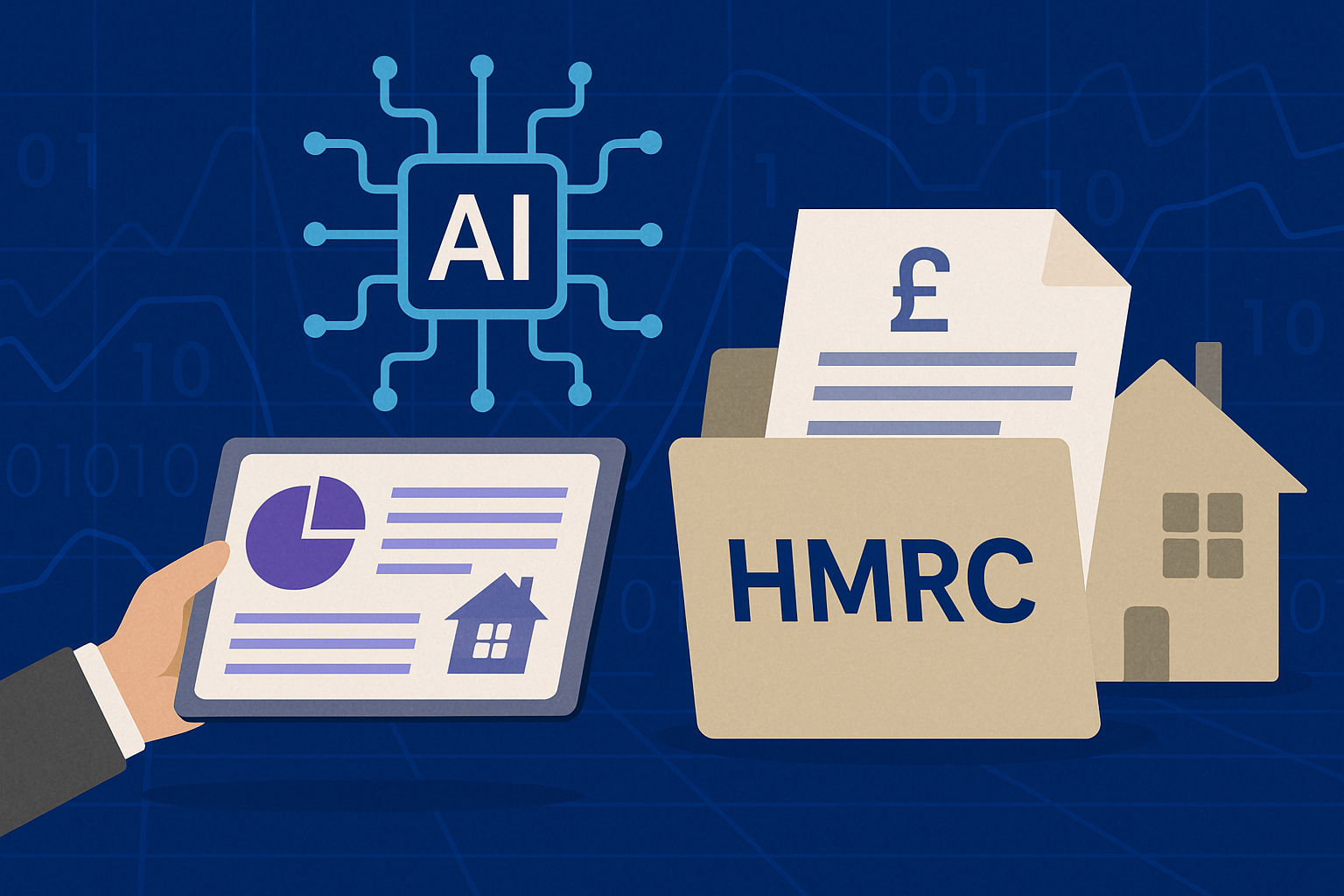Landlords could soon face a new average tax bill of £885 per property if Labour presses ahead with plans to apply National Insurance contributions to rental income in the Autumn Budget. The proposal, being weighed by Chancellor Rachel Reeves, has sparked warnings that it risks driving more buy-to-let investors out of the private rental market.
Landlords calculate the hit to rental yields
Analysis from property technology firm Inventory Base shows that applying an 8% NI charge on net rental income would add an average of £722 per property to an employed landlord’s annual costs. London landlords face the steepest hit at £885 per property, while those in the East of England could be out of pocket by £802 a year.
The figures are calculated on an average gross annual rental income of £10,621, minus typical maintenance costs of £1,593. In the South East, the average landlord’s NI bill would come in at £792, with the South West at £750. The lowest bills would fall in Yorkshire & Humber (£606) and Wales (£608), but even at these levels the impact on rental yields could be significant.
‘Less policy, more punishment’ warn landlords
Sián Hemming-Metcalfe, Operations Director at Inventory Base, was blunt in her assessment: “Landlords are already trying to guesstimate and juggle any potential financial fallout of the Renters’ Rights Bill, so slapping an NI charge on rental income feels less like policy and more like punishment. The private rental sector thrives on stability-tenants need secure homes, landlords need predictable returns. Add another layer of tax and all you create is uncertainty, and uncertainty drives good landlords out of the market.”
The National Residential Landlords Association (NRLA) has also warned that layering further taxation on buy-to-let will reduce rental supply at a time when demand is at record levels. Its chief executive, Ben Beadle, has previously argued that “squeezing landlords harder ultimately squeezes tenants,” as reduced investment leads to fewer available homes and higher rents.
Regional landlords share real-world concerns
Independent landlords say the sums may look small on paper, but the reality is starker when combined with rising mortgage costs, energy efficiency upgrade pressures, and potential abolition of Section 21. David Kendall, a landlord with three properties in Nottingham, told us: “I’m already down £300 a month on one property just from the last Bank of England base rate changes. If this NI tax lands, I’ll have to consider selling at least one house. That’s one less rental for a local family-and once it’s gone, it’s gone.”
Letting agents echo the warning. Sarah Bennett of a Birmingham lettings firm said her team is already fielding calls from landlords “considering whether the sums still stack up” and fears that a wave of small-scale landlords could exit before the Budget is even announced.
Editor’s view
For landlords, this proposal is not just another line in the tax code-it’s a direct hit to fragile margins at a time when the sector is under unprecedented political and financial pressure. Whether Labour sees this as a revenue stream or a way to rebalance the market, the risk is clear: good landlords may simply decide it’s not worth it. And when landlords retreat, tenants lose security. The question is-will policymakers notice before the damage is done?








